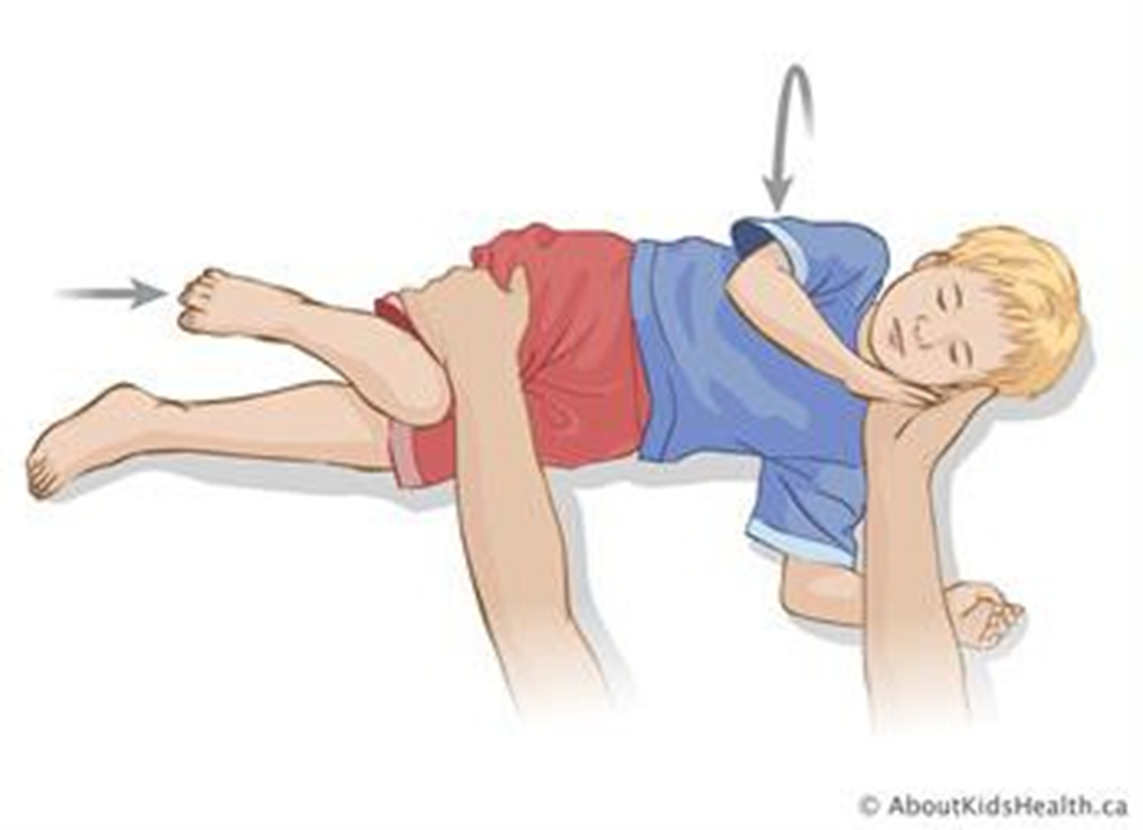A nurse is caring for a school-age child who has juvenile idiopathic arthritis.
Which of the following home care actions should the nurse recommend? (Select all that apply)
Use cold compresses for joint pain.
Take ibuprofen on an empty stomach.
Perform range of motion exercises.
Consider homeschooling.
Provide extra time for completion of ADLs.
Correct Answer : A,C,E
Choice A rationale
Cold compresses can help relieve joint pain associated with juvenile idiopathic arthritis. Cold therapy can reduce inflammation and numb the affected area, providing temporary relief.
Choice B rationale
This is incorrect. Ibuprofen should not be taken on an empty stomach because it can cause stomach upset or even lead to ulcers or bleeding. It is generally recommended to take ibuprofen with food or milk.
Choice C rationale
Performing range of motion exercises can help maintain joint flexibility and muscle strength in children with juvenile idiopathic arthritis. Regular exercise can also improve overall physical function and well-being.
Choice D rationale
While homeschooling may be a consideration for some families, it is not a general recommendation for all children with juvenile idiopathic arthritis. Many children with this condition can attend regular school with some accommodations as needed.
Choice E rationale
This is correct. Providing extra time for completion of activities of daily living (ADLs) can help children with juvenile idiopathic arthritis manage their symptoms and maintain their independence. It is important to allow children to perform tasks at their own pace to avoid causing unnecessary pain or fatigue.
Nursing Test Bank
Naxlex Comprehensive Predictor Exams
Related Questions
Correct Answer is D
Explanation
Choice A rationale
Methylphenidate (Ritalin) is a medication used to treat attention-deficit hyperactivity disorder (ADHD). It is not necessary to give the medication after meals. The medication can be taken with or without food. However, some people find that taking it with food can help prevent stomach upset.
Choice B rationale
Regular blood glucose level checks are not typically required when a child is taking methylphenidate. This medication does not have a significant impact on blood sugar levels.
Choice C rationale
It is not generally recommended to skip doses of methylphenidate on weekends. Consistent medication administration is important for managing ADHD symptoms. However, the prescribing doctor may sometimes recommend a “drug holiday” or break from the medication. This should only be done under the guidance of a healthcare professional.
Choice D rationale
This is the correct answer. Methylphenidate is a stimulant, and taking it later in the day can cause insomnia or trouble sleeping. Therefore, it is often recommended that the last dose of the medication be given before 6 o’clock in the evening to minimize sleep disturbances.
Correct Answer is D
Explanation
Choice A rationale
While placing a pillow under the child’s head might seem like a good idea, it’s actually not recommended during a seizure. The child’s movements could be unpredictable, and a pillow could potentially cause suffocation.
Choice B rationale
Removing the child’s eyeglasses is a good idea, but it’s not the first thing you should do. The child’s safety is the top priority, and eyeglasses can be removed once the child is safe.
Choice C rationale
Timing the seizure is important for medical professionals to know, but it’s not the first action to take. The child’s immediate safety is the priority.
Choice D rationale
Moving the child into a side-lying position is the priority. This position helps keep the airway clear and allows any vomit to exit the mouth, reducing the risk of choking.

Whether you are a student looking to ace your exams or a practicing nurse seeking to enhance your expertise , our nursing education contents will empower you with the confidence and competence to make a difference in the lives of patients and become a respected leader in the healthcare field.
Visit Naxlex, invest in your future and unlock endless possibilities with our unparalleled nursing education contents today
Report Wrong Answer on the Current Question
Do you disagree with the answer? If yes, what is your expected answer? Explain.
Kindly be descriptive with the issue you are facing.
